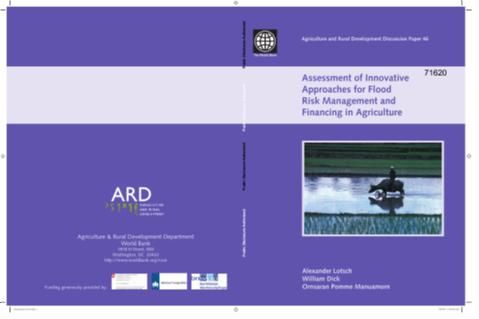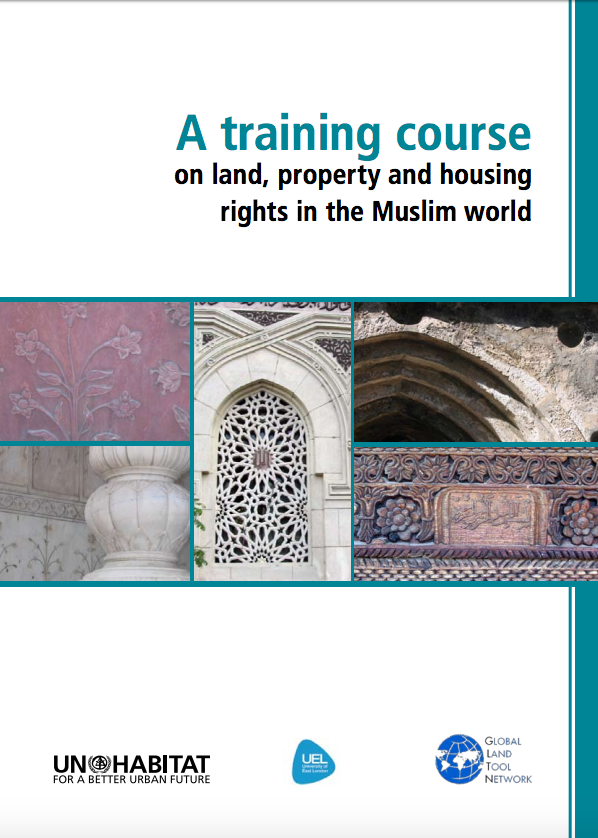Assessment of Innovative Approaches for Flood Risk Management and Financing in Agriculture
Floods are a major source of risk for the agricultural sector. Flood risk in the agricultural sector primarily arises from river flooding, flash floods, and coastal flooding. The impacts of floods can result in sizable agricultural damages at the local level. Floods in agricultural zones expose agricultural producers, agricultural supply chains, rural financial institutions (such as agricultural banks), and governments to financial risks due to the loss of crops, delinquency on seasonal production loans, damage to infrastructure and loss of public revenues.






